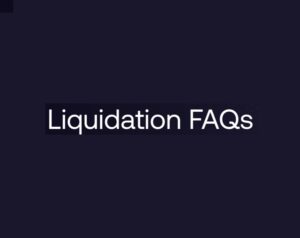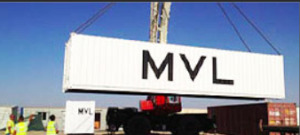Dealing with HMRC can often be daunting and very time consuming if you are not familiar with their different departments, processes and powers. At Lucas Ross – Business Rescue, Recovery & Insolvency, We know intimately how HMRC operate, what their processes are and what they can and cannot do. Our team of advisers are among the most experienced you’ll find.
How are HMRC Involved with Company Insolvencies?
HMRC will always be involved within an insolvency. Upon entering a formal insolvency process they will be contacted by either the liquidator, Company Voluntary Arrangement supervisor or by the administrator. This is because it doesn’t matter whether the company is in debt or not, the liability is still on-going. More often than not though, in a distressed situation, the company might be behind in VAT or PAYE tax payments.
It is important not to avoid and ignore HMRC as they can issue a winding up petition if you have missed payments and the debt is more than £750. If approved and put in place this forces the company into was is classed as a compulsory liquidation.
Apart from reputational risk factors, once the winding up petition is out in the open, the options of business recovery and rescue options become far less available. It is also highly likely that the majority of banks involved in these types of situations will normally begin to freeze the companies bank accounts also.
A Time To Pay Arrangement (TTP) could allow your business to pay back debt in instalments.
Company Voluntary Arrangements – Do HMRC support CVA’s?
Alongside Time To Pay Arrangements, HMRC will also support Company Voluntary Arrangements (CVA). In essence a Company Voluntary Arrangement is a formal deal by the company and its creditors. It is possible to write off a proportion of the company’s debt with a deal over a 3-5 years period. This is favourable for a lot of Directors as they remain in control while trade continues. HMRC have their own dedicated department to handle CVA’s.
Are HMRC classed as creditors?
HMRC is a preferential creditor and ranks below fixed charge lenders, insolvency practitioners and is on a par with employees. If a company goes into liquidation HMRC will only get any monies back owed after those with higher rank get paid. This means it is much harder for HMRC to get debt owed paid back in full.
What next?
If you are worried about HMRC and outstanding matters and would like some specialist advice, contact Lucas Ross today. Our team of experts will be able to clarify your position and explain options available for you.





